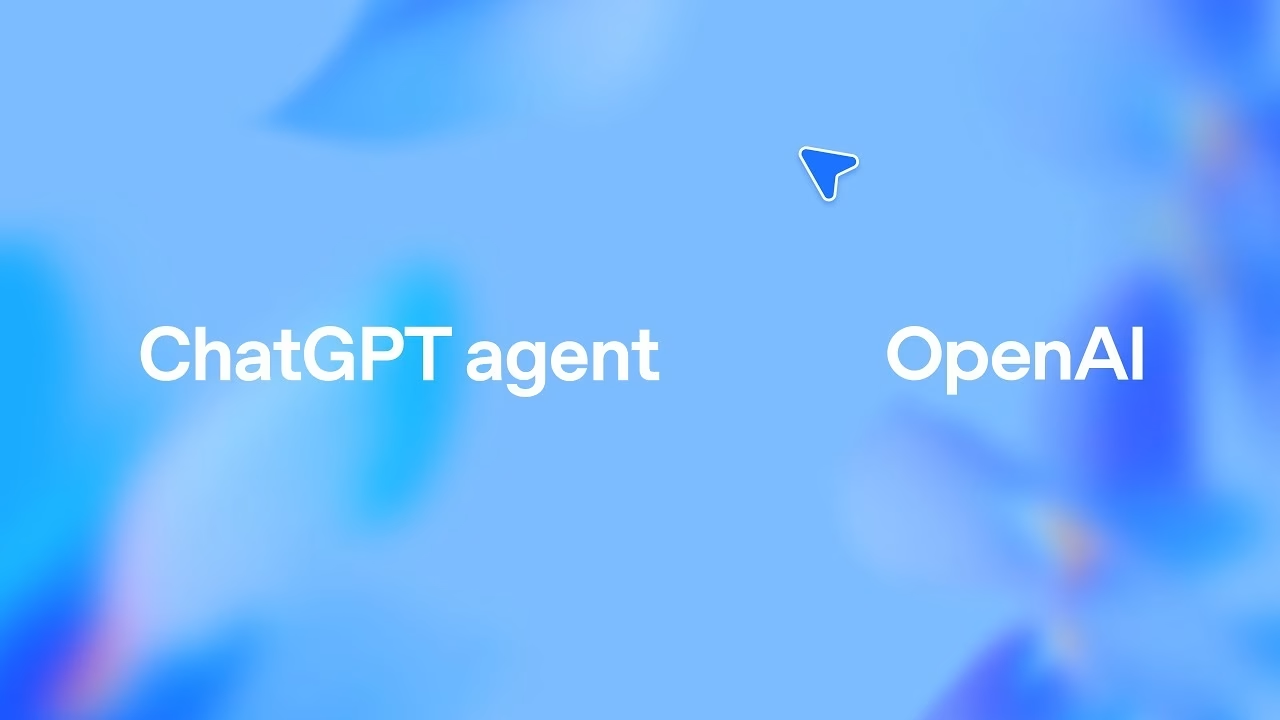The Dawn of a New Agentic Era
What is ChatGPT Agent?
Dubbed "ChatGPT agent," this new offering isn't entirely from scratch. It's more like a powerful amalgamation of capabilities we've seen in OpenAI's previous, more specialized agentic tools. For instance, it brings in the web-browsing prowess of "Operator," allowing it to click around on websites just like a human would. And then there's the information synthesis genius of "Deep Research," which can chew through dozens of websites and spit out a concise, coherent report. Combine those with ChatGPT's already impressive conversational strengths, and you've got something genuinely versatile.
The beauty of it, OpenAI says, is the simplicity. You interact with it using natural language prompts, just as you would with regular ChatGPT. No complex coding or arcane commands needed. This accessibility is key, I think, to widespread adoption.
A Fusion of Capabilities
This isn't just about answering questions anymore; it's about action. The agent can automatically navigate your digital environment. Imagine telling ChatGPT to "find me a flight to Tokyo next month, then add it to my calendar and send a confirmation email." That's the kind of multi-step, multi-application task they're aiming for. It's a significant leap from the conversational AI we've grown accustomed to.
Unpacking the Agent's Power: Real-World Applications
- Parse through websites: Finding recipes, comparing prices, researching competitors.
- Plan a course of action: Breaking down a complex request into manageable steps.
- Use tools: Accessing e-commerce sites, presentation software, or even a terminal for code execution.
This is where the rubber meets the road. Early versions of AI agents, while promising, often stumbled on these more intricate, real-world scenarios. They were brittle, as the article points out, struggling with the nuances and unexpected variables that come with interacting with the messy reality of the internet and various applications. OpenAI is betting this new iteration is robust enough to handle it.
Enhanced Connectivity and Tool Access
A major factor enabling these capabilities is the agent's access to what OpenAI calls "ChatGPT connectors." These allow users to link up various applications like Gmail and GitHub. This means the agent isn't just operating in a vacuum; it can pull relevant information directly from your connected apps to inform its actions. Furthermore, it has terminal access and can use APIs to interact with specific applications. This level of integration is crucial for truly general-purpose functionality. It's like giving ChatGPT its own set of hands and eyes to operate your computer.
Performance Benchmarks: A Leap Forward?
OpenAI isn't shy about touting the underlying model's performance. They've shared some impressive benchmark scores that suggest this isn't just hype.
Humanity's Last Exam & FrontierMath Scores
On "Humanity’s Last Exam (pass@1)," a notoriously difficult test spanning over a hundred subjects, the ChatGPT agent model scored 41.6%. That's roughly double the scores of OpenAI's previous o3 and o4-mini models. Double! That's a pretty substantial jump in general knowledge and reasoning.
Navigating the Risks: OpenAI's Safety Protocols
With great power comes great responsibility, right? OpenAI seems acutely aware of this, especially given the newfound capabilities of this general-purpose agent. They've previously warned that agentic models could pose more significant risks, and they've taken a precautionary approach with this launch.
High Capability Designation and Safeguards
In their safety report for ChatGPT agent, OpenAI has designated the model as "high capability" in biological and chemical weapon domains. Now, they don't have direct evidence of misuse in these areas, but they're taking a "better safe than sorry" stance. This means activating new safeguards to mitigate potential risks.
One such safeguard is a real-time monitor that scrutinizes user interactions. Every prompt fed to ChatGPT agent is run through a classifier to determine if it's related to biology. If it is, the agent's response then goes through a second monitor to check for content that could evoke a biological threat. It's a layered defense, and frankly, it's necessary.
The Memory Feature Conundrum
Interestingly, OpenAI has temporarily disabled ChatGPT's memory feature for this agent. Why? Because bad actors could potentially exploit it through prompt injection attacks to exfiltrate sensitive data. This is a smart, albeit temporary, trade-off. While the memory feature is incredibly convenient in other parts of ChatGPT, allowing it to recall past conversations, the risk of data leakage with an agent that can interact with your computer is simply too high right now. They might bring it back, but only after they've figured out how to secure it properly.
The Road Ahead for AI Agents
ChatGPT agent is rolling out to Pro, Plus, and Team subscribers, with an "agent mode" available in the dropdown menu. This phased rollout allows OpenAI to gather feedback and continue refining the product.
Bridging the Gap Between Vision and Reality
The launch of ChatGPT agent is OpenAI's boldest move yet to make ChatGPT a truly agentic product. It’s a significant step towards the vision tech executives have been pitching for years: AI that doesn't just answer questions but actively offloads tasks. While previous attempts at AI agents have often proven brittle in real-world scenarios, OpenAI believes their new model is far more capable. The benchmarks certainly suggest a leap, but as always, the true test will be how it performs in the hands of millions of users. It's an exciting time, and I'm genuinely curious to see how this evolves.
